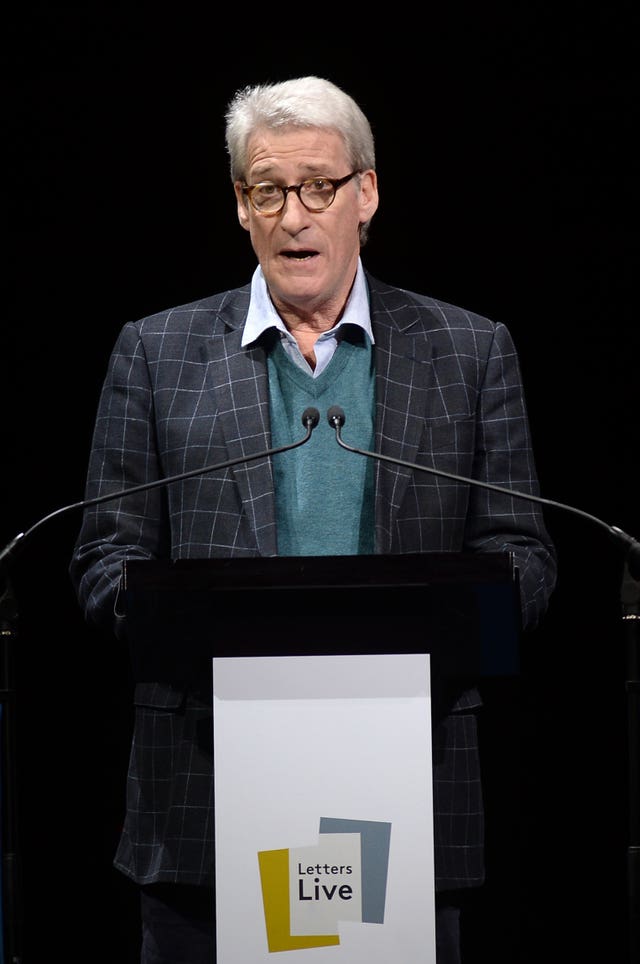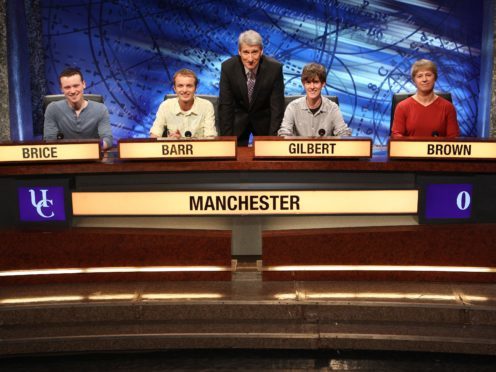University Challenge winner Rosie McKeown has said women are put off appearing on the quiz show partly because of the hostility they face on social media.
It has often been noted that there is a gender imbalance on the BBC programme, with the number of male contestants outweighing the number of female contestants.
Women who do go on the show are frequently subject to sexist commentary online, where their looks are talked about more than their prowess on the programme.
Discussing why relatively few woman tackle the show, McKeown, who dominated on 2018’s winning team from St John’s Cambridge, said in Radio Times magazine: “The most obvious one is, unfortunately, the hostility that some female contestants are subjected to on social media.
“But I think there may also be an issue with women underestimating themselves and being hesitant to try out for the show. I hope that will change soon.”
Hannah Rose Woods, captain of the 2015 to 2016 winning team Peterhouse Cambridge, said: “I worried about how taking part in the programme might impact my career, when Google searches started returning hundreds of articles about my appearance, and random marriage proposals I’d received from strangers, instead of my academic research.”
Woods also pointed to a “huge confidence gap between men and women, which makes women far less likely to put themselves forward to audition at university level”.
She said: “‘General knowledge’ has deeply gendered connotations: if you grow up being told that something isn’t ‘for’ someone like you, it’s hard not to internalise that logic.”
The show’s executive producer Peter Gwyn said University Challenge, which is hosted by Jeremy Paxman, aims to gender balance its teams and the subjects of the questions.

But he said ultimately, “the make-up of each team is decided by the university it represents: each institution has its own selection process”.
Bobby Seagull, former captain for the Emmanuel Cambridge team on the 2016 to 17 series, has been involved in the college’s selection process and said between 70 and 90% of those that apply are men.
“Clearly we have an issue with getting women to apply, and part of this may be due to the negative historic and recent experience of women contestants on social media,” he said.
“This is a shame.”
He said as well as encouraging women to apply, there was a need to “call out those people on social media who think it’s appropriate to objectify contestants”.
This week’s Radio Times is out on Tuesday.
